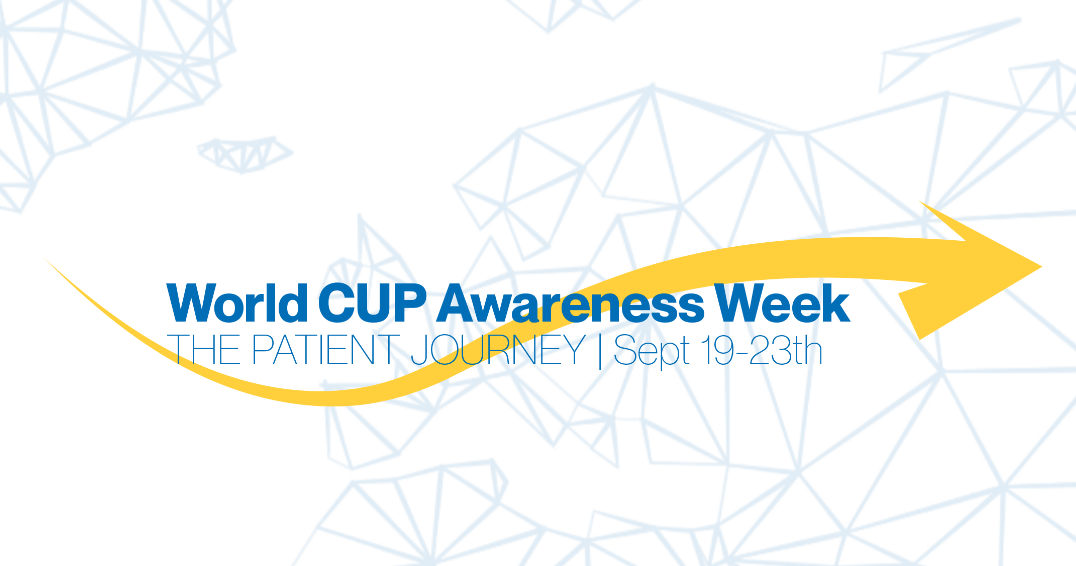On-demand: featuring presentation and speaker Q&A: Dr Anthony Greco and Associate Professor Richard Tothill will discuss the latest innovations in research for more precise diagnostics and treatment opportunities for CUP. Part of the World CUP Awareness Week, this webinar is specifically created to share the latest updates with both clinicians and patients, including oncologists, pathologists, nurses and researchers, plus patients, their families and patient advocates.
World Cup Awareness Week is supported by Missie Tumor Onbekend and Sarah Jennifer Knott Foundation.
Also available on-demand:
- Dealing with the uncertainty of the Cancer of Unknown Primary Diagnosis
- Clinical CUP Diagnostics & care pathways: differences across Europe



Watch this online international event from the comfort of your own home
Packed with crucial information on how research in the field of CUP can lead towards more precise diagnostics and treatment opportunities:
Discover the latest developments in innovative CUP research with perspectives from across the world
|
Introduction and instructions
Tanya Knott, Sarah Jennifer Knott Foundation
|
|
|
Latest innovations in CUP research
Dr F. Anthony Greco MD, Co-Founder of the Sarah Cannon Research Institute, Nashville, USA; Associate Professor Richard Tothill, Group Leader, University of Melbourne Centre for Cancer Research, Head of the Rare Disease Oncogenomics Laboratory, Australia
|
|
|
Questions and answers with the speakers
|


Your expert speakers
Associate Professor Richard Tothill is a group leader within the University of Melbourne Centre for Cancer Research and heads the Rare Disease Oncogenomics Laboratory. He completed his PhD at the Peter MacCallum Cancer Centre in 2005 and has more than 20 years of experience working in cancer research, technology development and academic research. His research involves understanding the genomic pathology of rare cancers including cancer of unknown primary and neuroendocrine neoplasms, the development of diagnostics and implementation clinical genomics. He co-leads the Australian Solving Unknown Primary Cancer (SUPER) research program including the Medical Research Future Fund sponsored SUPER-NEXT study involving deployment of clinical whole-genome sequencing and liquid biopsy testing for cancer of unknown primary.
Supporting NHS professionals with free, practical content

